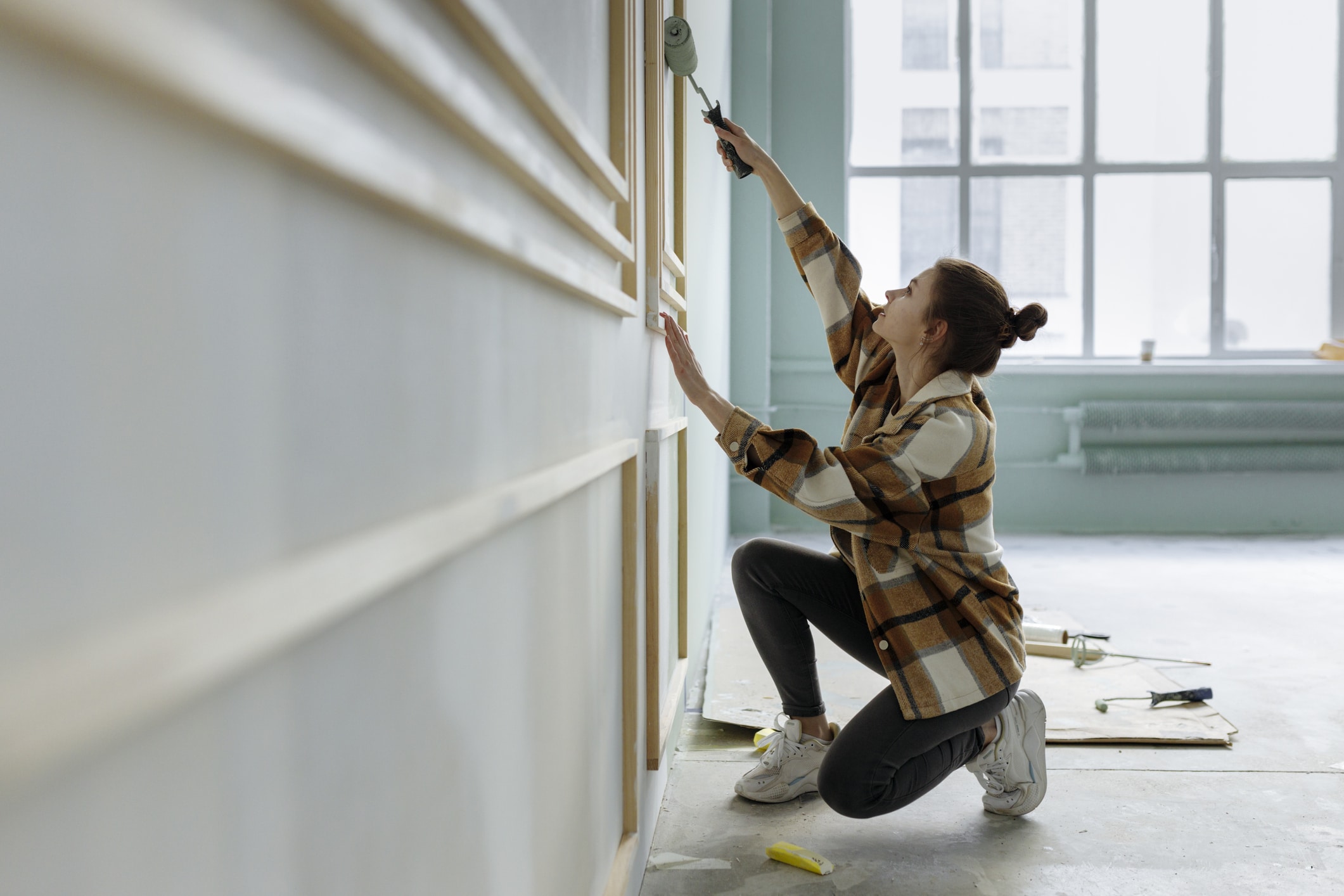First time buyer guide to getting on the property ladder and how to budget
09 January, 2024
Doing a new thing for the first time can sometimes be as nerve-wracking as it is exciting. When it comes to buying a home that's certainly the case.If you stop to think about it there are so many different aspects involved - finding the right property, looking after the financial side of things, choosing the professional help you’ll need and getting on with your daily life in the meantime as well.No wonder they say it can be one of the most stressful things you'll ever do!In this article we’ll explain the process of buying your first home and give you an idea of the costs you can expect to have pay out too.Even this isn't your first rodeo and you're making a move after many years of being in the same home, you should find this equally helpful.